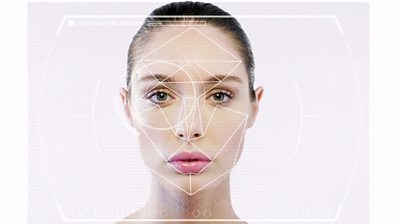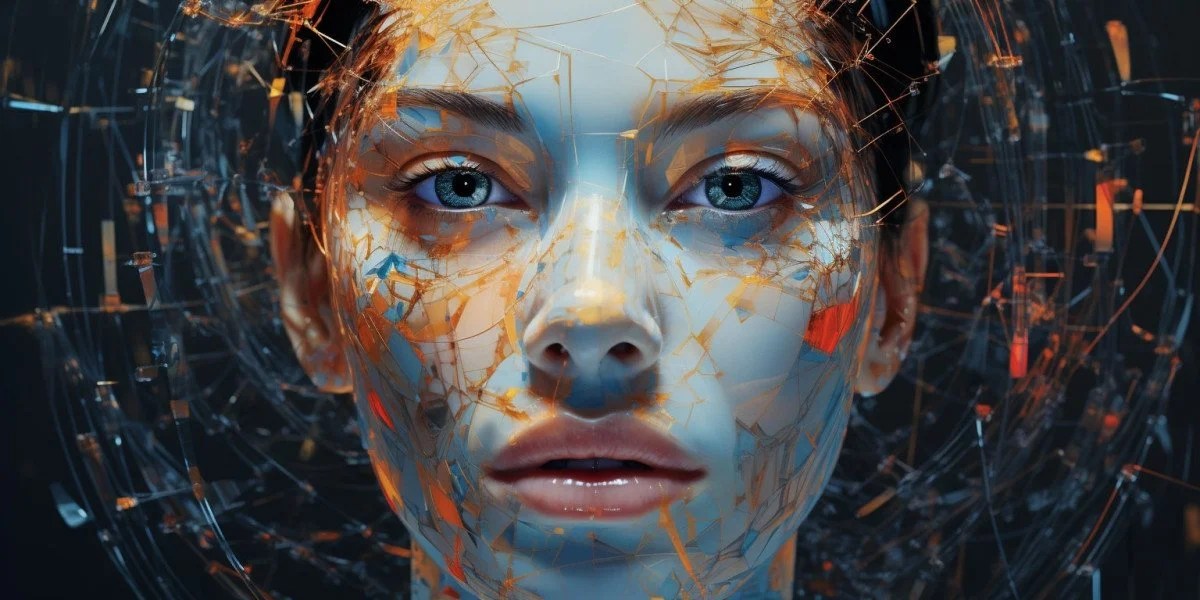In recent events, London police deployed advanced AI-powered cameras capable of facial recognition near Croydon railway station, leading to 10 arrests for various crimes. This technology also used at notable events such as the British Grand Prix and King Charles III’s coronation, has been praised for its effectiveness in crime prevention and detection. Policing Minister Chris Philp expressed the government’s ambition to further develop facial recognition as a crime-fighting tool, citing its potential and recent success in aiding police work without any false alerts.
Despite these claims, the technology’s rollout has sparked controversy. Concerns have been raised by parliamentarians about the mass processing of sensitive biometric data without public knowledge. They argue that this technology could transform public spaces into areas of constant government and corporate control, threatening the rights and freedoms of the British public. Instances of wrongful police interventions due to false matches by technology, including the arrest of a 14-year-old boy, have further fueled the debate.
Civil liberties and privacy concerns
Critics of the technology, including civil liberties groups and some Members of Parliament (MPs), argue that live facial recognition (LFR) technology is oppressive and incompatible with democratic values. Mark Johnson from Big Brother Watch likened the technology to an Orwellian surveillance tool, transforming individuals into “walking ID cards”. There are also concerns about the unchecked power given to the police, especially following the enactment of new laws under the Public Order Act, which give the police increased powers over protests.
The composition of police watchlists has also come under scrutiny, with critics worried about the inclusion of protestors and individuals with mental health issues, who are not suspected of any criminal activities. This has raised questions about the need for legal and technical oversight to ensure responsible and ethical use of these tools.
The ongoing debate and legislative response
The Home Office insists that data protection, equality, and human rights laws strictly govern the use of LFR technology. However, this assurance has not quelled the concerns of the technology’s opponents. In the backdrop of this debate, the European Parliament voted in June 2023 to ban live facial recognition in public spaces. In the UK, lawmakers opposing the technology argue that its use has never been explicitly approved by parliament.
Conservative MP David Davis, known for his stance on civil liberties, stated that live facial recognition is a suspicionless mass surveillance tool with no place in Britain, echoing the sentiments of those who view this technology as a breach of fundamental rights.





